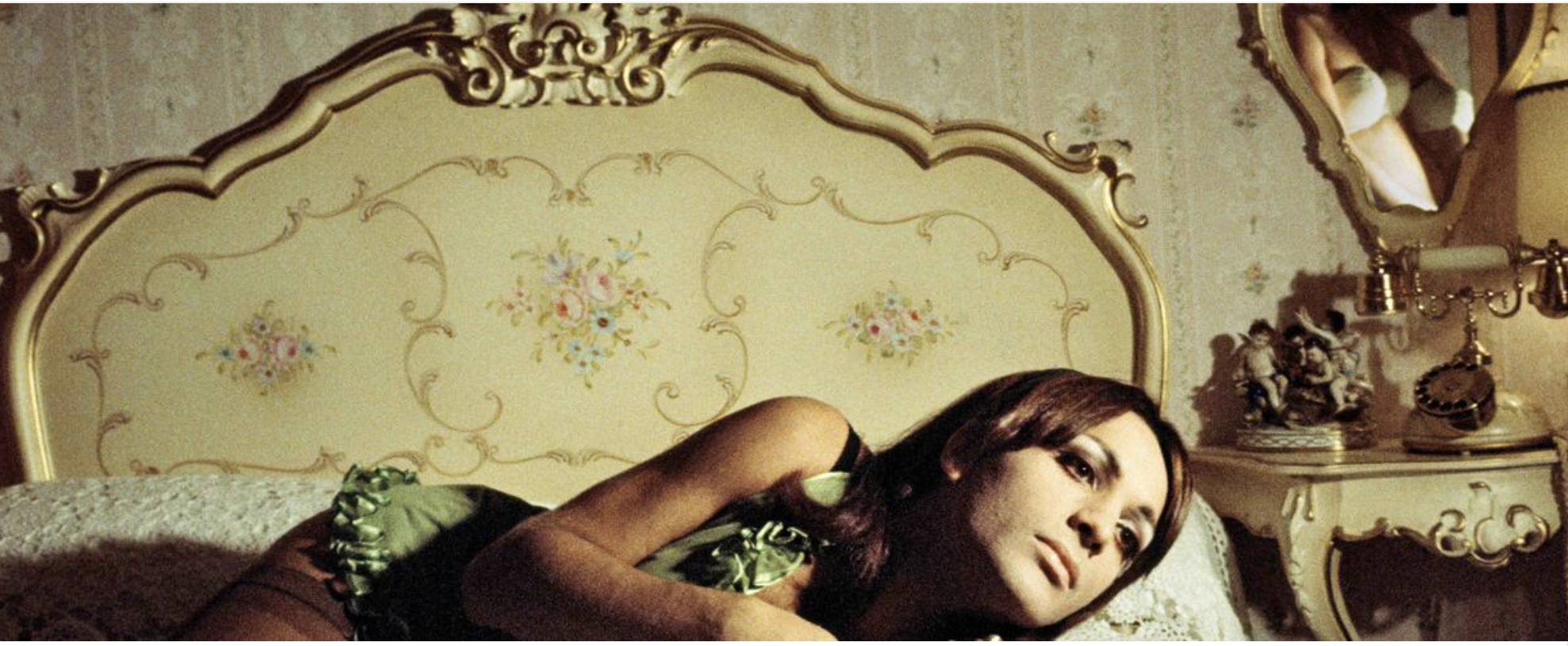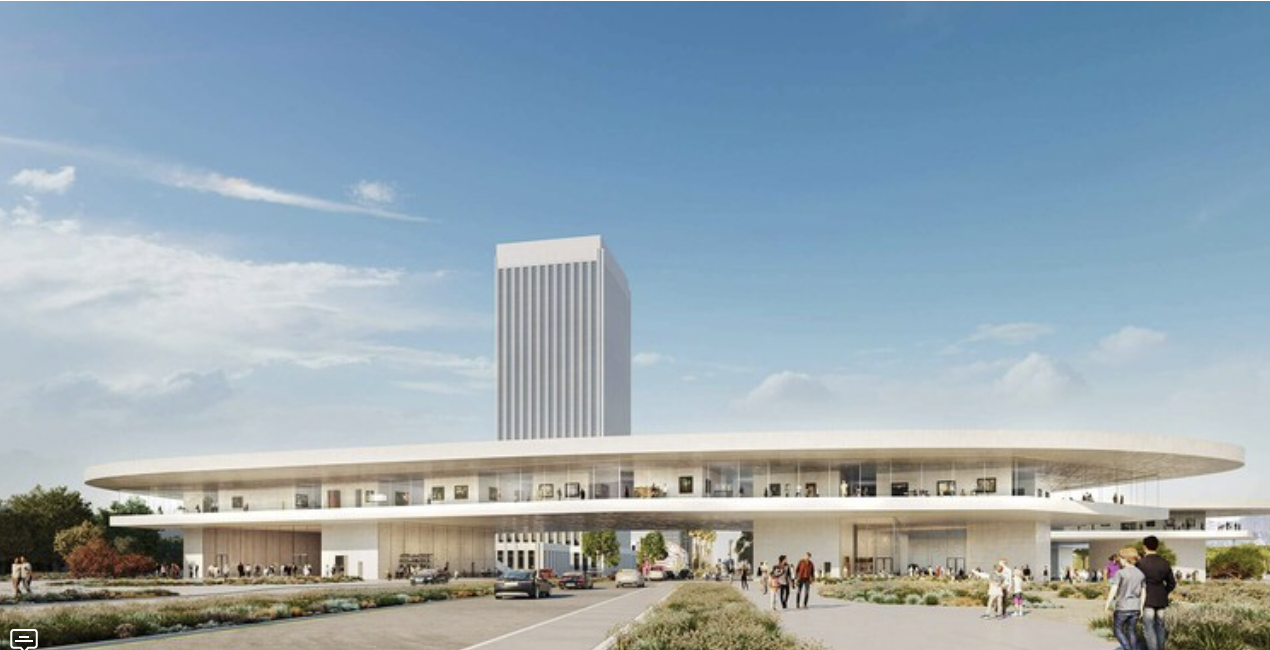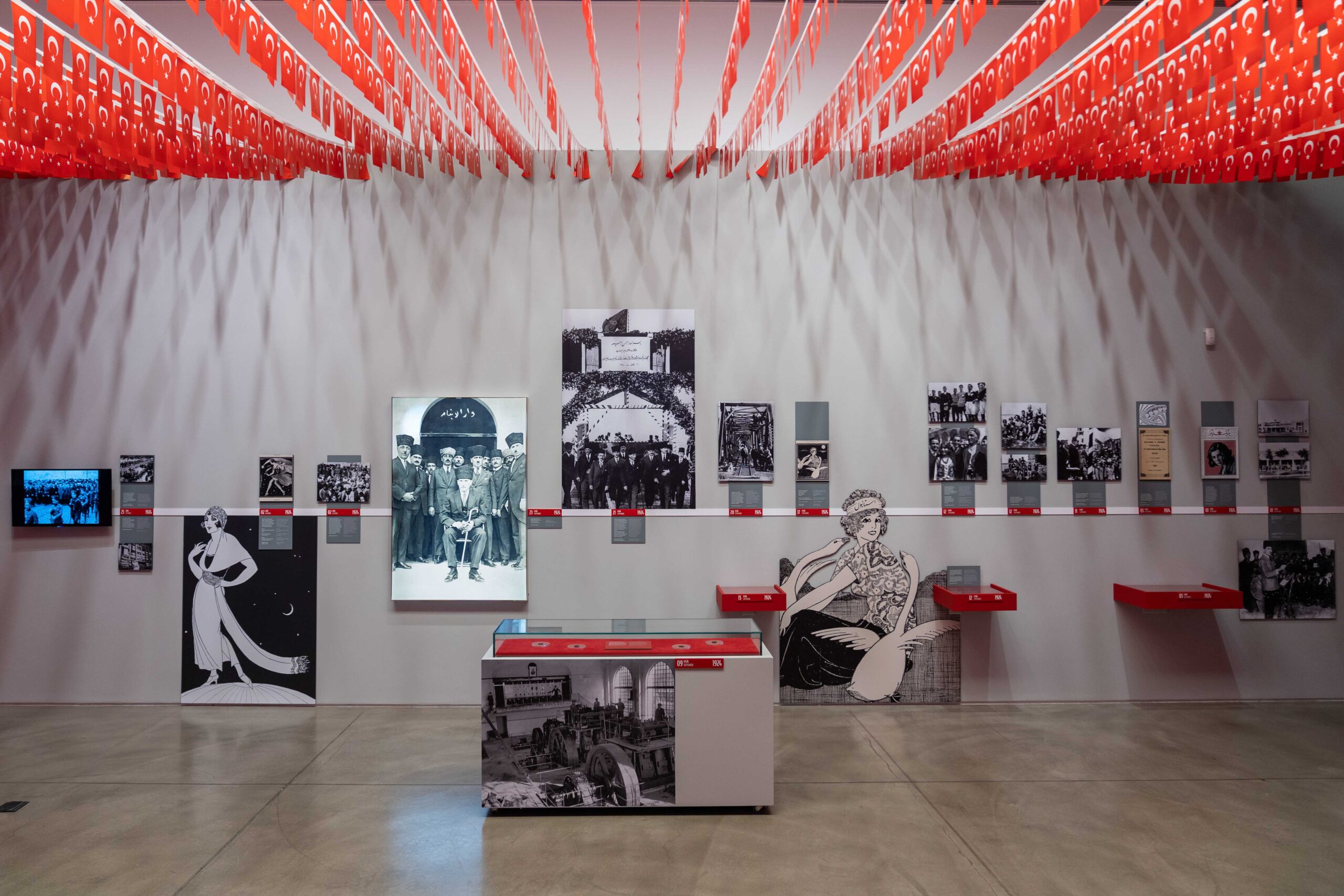New for Frieze Masters 2023, Modern Women, curated by Camille Morineau and her team at AWARE (Archive of Women Artists, Research and Exhibitions), is dedicated to solo exhibitions by women artists working between 1880–1980, a pivotal period for women’s rights and feminism.
Modern Women features individual presentations by Tarsila do Amaral (Almeida & Dale Art Gallery), Anna-Eva Bergman and Germaine Richier (Perrotin), Lisetta Carmi (Ciaccia Levi and Galleria Martini & Ronchetti), Émilie Charmy (Galerie Bernard Bouche), Kangja Jung (Arario Gallery), Maria Lai (M77), Vera Molnár (Vintage Galéria), Faith Ringgold (ACA Galleries), Paule Vézelay (England & Co) and Ethel Walker (Piano Nobile).
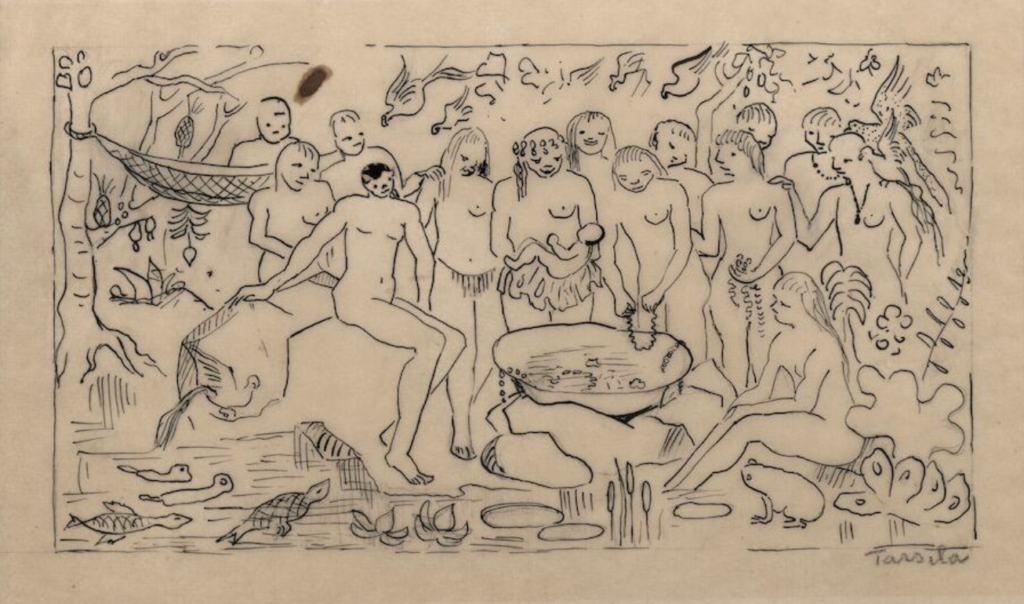
1880–1980 is a century that stretches from the first wave of feminism in Europe and the US to the integration of second-wave feminism and the beginnings of feminist art in the 1970s. Modern Women breaks away from a linear understanding of modernism to explore this century through diverse points of view and across a variety of media, including painting, sculpture, textile, computer art and photography. Modern Women spotlights artists from across the world, encompassing approaches that range from figurative to abstract and from non-political to overtly activist. Presented by ACA Galleries, Faith Ringgold weaves together autobiographical details, fictional accounts and historical events into ambitious narratives that speak to universal truths of the human condition. Her 1960s oil paintings investigate the complexities of gender and racial identities in America, while her tankas and soft sculptures from the 1970s challenge the historical divisions between fine art, graphic design and craft.
Tarsila do Amaral, a founding artist of Brazilian modernism, is highlighted in a solo booth by Almeida & Dale Art Gallery. Examining more than three decades of Tarsila’s works on paper, the selection features the rarely seen sketch made for her last painting, Batizado de Macunaíma (Baptism of Macunaíma, c.1956), and explores her imaginary’s origins in dreams, folklore and childhood memories.
Galerie Bernard Bouche features paintings by Émilie Charmy, whose subversion of expectations around gender and sexuality made her one of the most original voices in Paris during the first half of the 20th century. Charmy pursued an expressive, modernist naturalism to create nudes and self-portraits that stage a compelling fusion of introspection and masquerade. Sardinian artist Maria Lai is the focus of M77’s presentation, ‘A Dinner Invitation’. This curatorial project centres on Lai’s installation L’Enciclopedia di Pane (The Bread Encyclopaedia), which will be shown for the first time at Frieze Masters and which consists of a large table set with her bread-clad book sculptures.
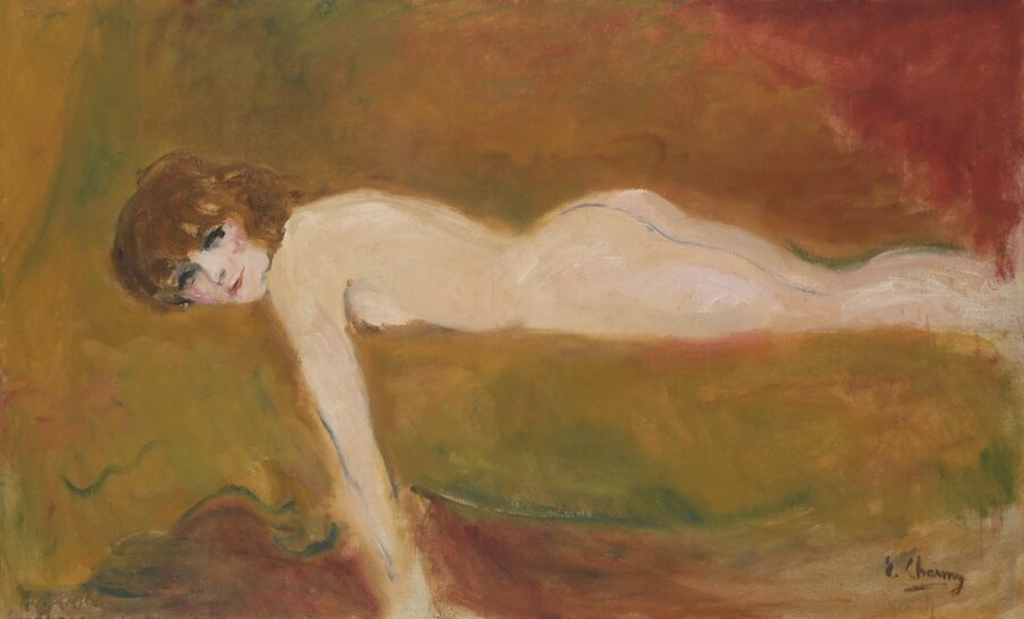
Ciaccia Levi and Martini & Ronchetti are collaborating on a presentation of photographs by Lisetta Carmi. In her series ‘I travestiti’ (1965–71), Carmi captures the community of transvestites and transsexuals living in Genoa. Carmi was the first person to document the LGBTQIA+ community in conservative 1960s Italy. Her portraits come from a profound engagement with her subjects and reveal the lives of those striving toward recognition.
Paule Vézelay, an innovative abstract artist of the Parisian avant-garde, is the focus of England and Co.’s presentation. Works on view span her Surrealist-influenced works from the early 1930s; pure abstract paintings from the 1930s–50s; works on paper; and her innovative constructions using string and wire.
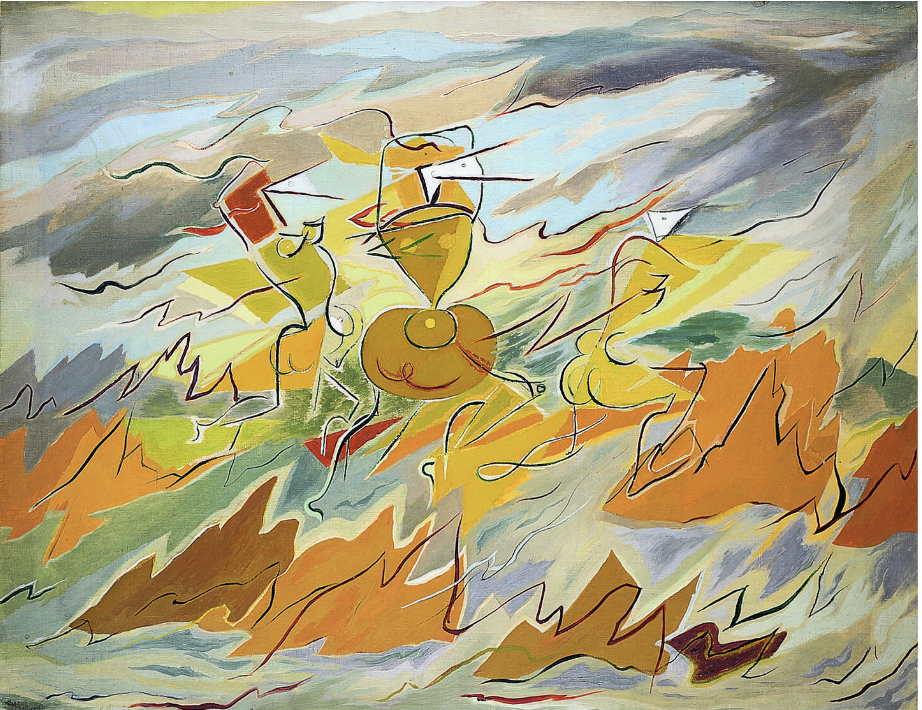
Piano Nobile brings new attention to Ethel Walker, one of only three women painters to be awarded a damehood in the 20th century. Featuring 15 oil paintings, this presentation demonstrates Walker’s sustained exploration of female subjects, clothed and unclothed. A highlight of the display is Decoration: Evening (1936), one of Walker’s large-scale allegorical paintings in which she fuses classical imagery with a personal vision of an intimate idyll.
Vintage Galèria presents a selection of works by Vera Molnar, a pioneer of computer art. Molnar creates algorithmic series based on simple geometric forms or themes. This solo booth focuses on works from 1954–79 and the notion of computer-generated algorithmic chance at the core of Molnar’s practice, reflecting on the exchange between order and disorder, structure and freedom.





